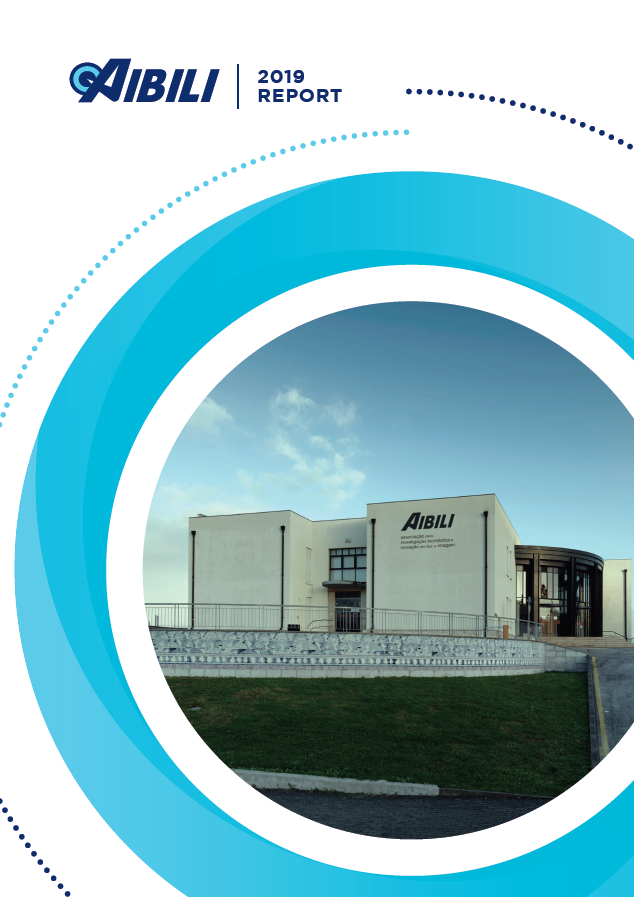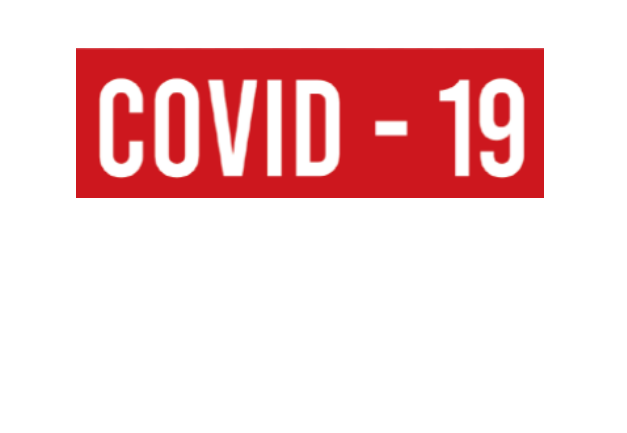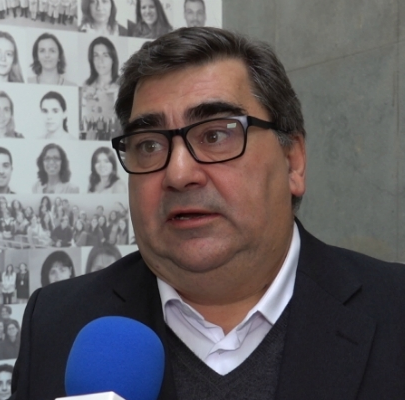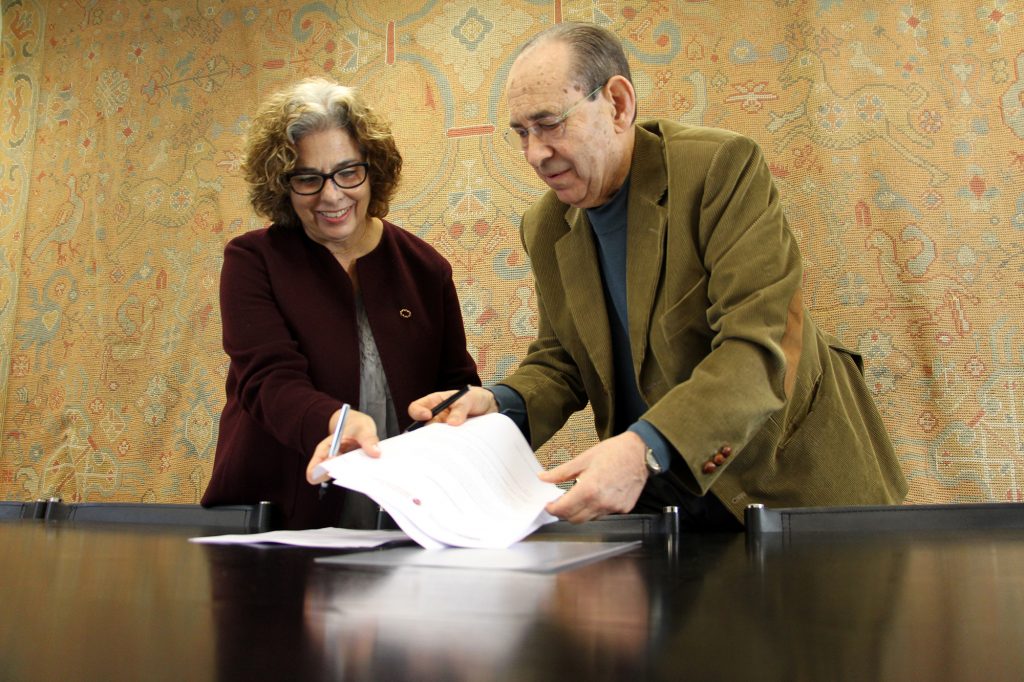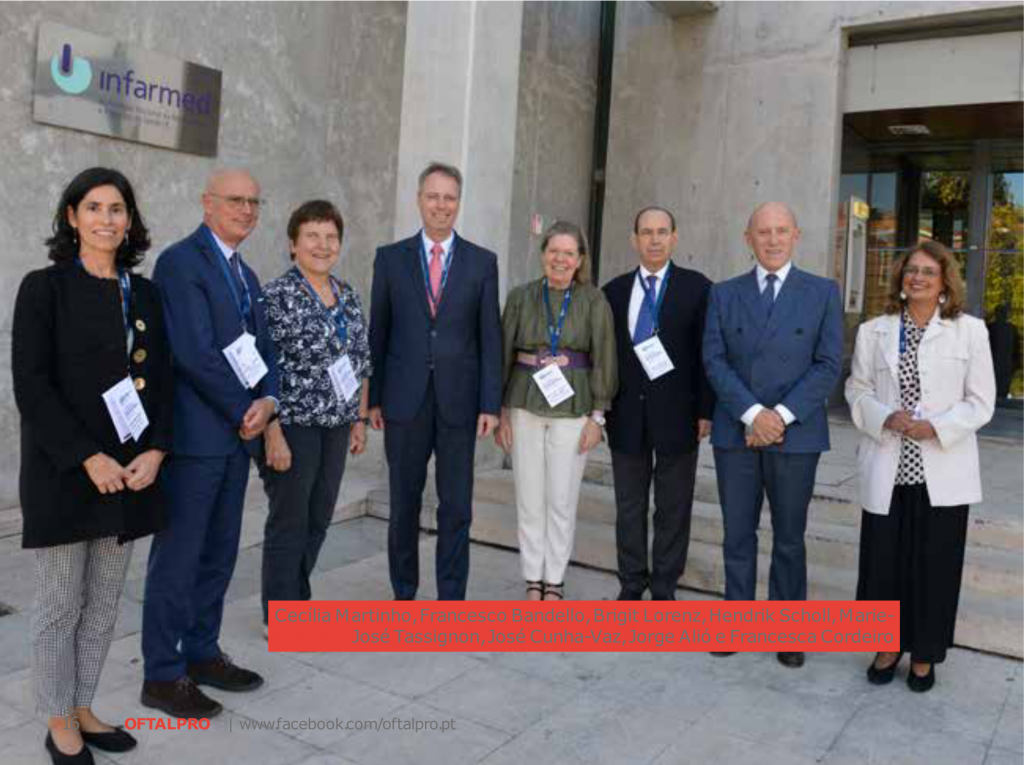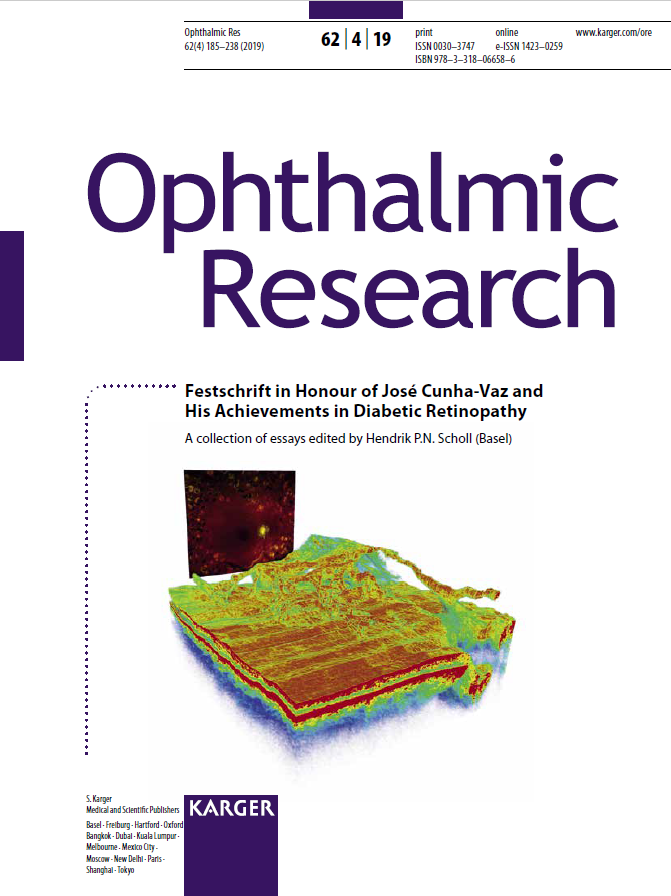The journal Ophthalmic Research has just published a commemorative issue in Honour of Professor José Cunha-Vaz and his achievements in Diabetic Retinopathy, and ground-breaking contribution to basic science and clinical research on vascular retinal disease.
It is a special issue that includes a collection of essays authored by eminent scientists on diabetic retinopathy (DR) and diabetic macular edema (DME). Topics include the gold standard of grading DR by the Early Treatment of Diabetic Retinopathy Study (ETDRS) group, the pathophysiology of DR, the characterization of the initial stages of DME, DR within the spectrum of diabetic complications, screening approaches for DR, contributions of the Diabetic Retinopathy Clinical Research Network (DRCR.net) to the treatment of DR, and the role of steroids for treating DME.
Prof. Cunha-Vaz is Emeritus Professor of Ophthalmology of the Coimbra University, Portugal, and President of AIBILI. He was the ninth Editor-in-Chief of Ophthalmic Research and is now Honorary Editor. He is also the Diabetic Retinopathy and Vascular Diseases Expert Committee Coordinator of the EVICR.net.
His work includes laboratory and clinical research in retina and intraocular fluids with a special emphasis on blood-retinal barriers and DR. He was the first to identify the anatomical basis of the blood-retinal barrier, tight junctions in retinal vessels and an active transport system in retinal vessels and retinal pigment epithelium. Later, he introduced the concept of multimodal macula mapping and identified different phenotypes of non-proliferative DR in type 2 diabetes. Prof. Cunha-Vaz and his group identified microaneurysm turnover as a biomarker for DR progression towards clinically significant DME. Recently, he has played a pivotal role in the development of OCT leakage as a new method to identify and locate abnormal fluid accumulation in diabetic retinal edema.
With more than 500 peer-reviewed papers and books in is curriculum, the merit of Prof. Cunha-Vaz is recognized worldwide and unquestionable. For AIBILI it is also an honour to see his work being acknowledge by his peers.
To access this issue click here



